
Good, clean and fair food: How the EU supports agriculture and biodiversity in Azerbaijan
The industrialisation of agriculture and food challenges small-scale farmers to compete with mass production and lower prices. Is it worth sacrificing quality for quantity? Even though industrial food products are cheaper, they include additives and growth accelerators that are unhealthy and lead to the extinction of biodiversity. So, industrial products cost more in the long run.
The goal of the project COVCHEG (‘Community-based value chain enhancement in the greater Caucasus Mountains area’), is to preserve and enhance the unique plants, animal species, national cuisine and ecosystems inherent to a particular rural area of Azerbaijan.
The project started in August 2018 and received EU funding of €813,000. It covers five regions in the north-west of the country: Shamakhi, Ismaili, Gabala, Shaki and Qakh.
COVCHEG is funded by the EU and implemented by the Slow Food organisation, which has more than 30 years of experience in preserving local food traditions. Today, the global movement for good, clean and fair trade food unites chefs, farmers and food communities in more than 160 countries and has millions of supporters.
Although it opposes the concept of fast food, ‘slow food’ does not mean food that is prepared for hours. The Slow Food organisation supports traditional growing methods and food production cycles that exclude tricks for speeding up maturation or increasing volume at the expense of quality.
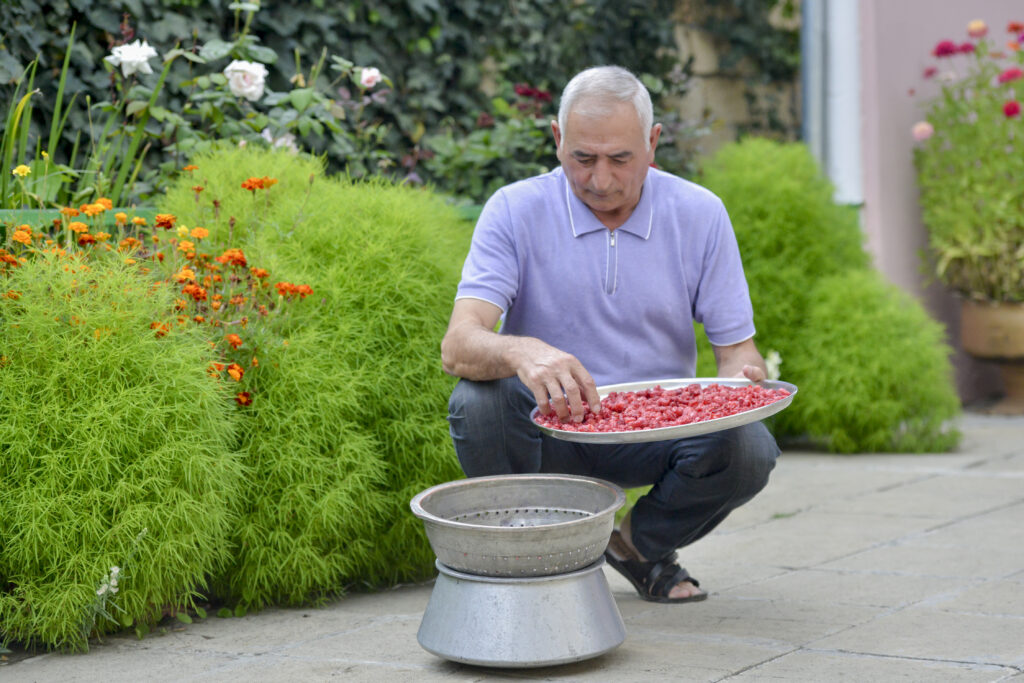 Good, clean and fair food: How the EU supports agriculture and biodiversity in Azerbaijan
Good, clean and fair food: How the EU supports agriculture and biodiversity in Azerbaijan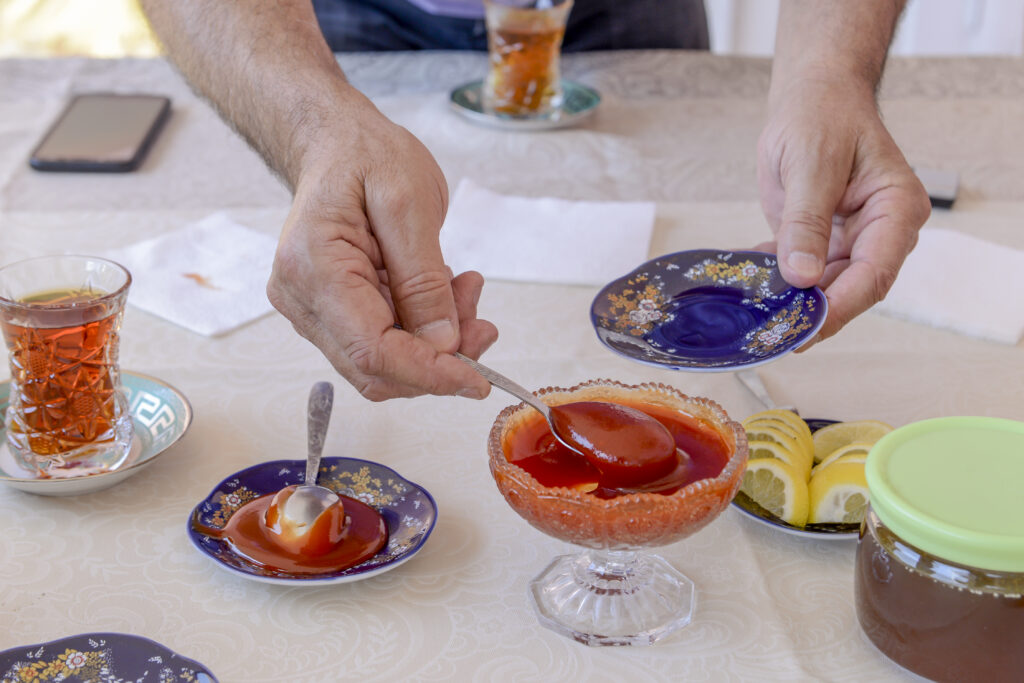 Good, clean and fair food: How the EU supports agriculture and biodiversity in Azerbaijan
Good, clean and fair food: How the EU supports agriculture and biodiversity in Azerbaijan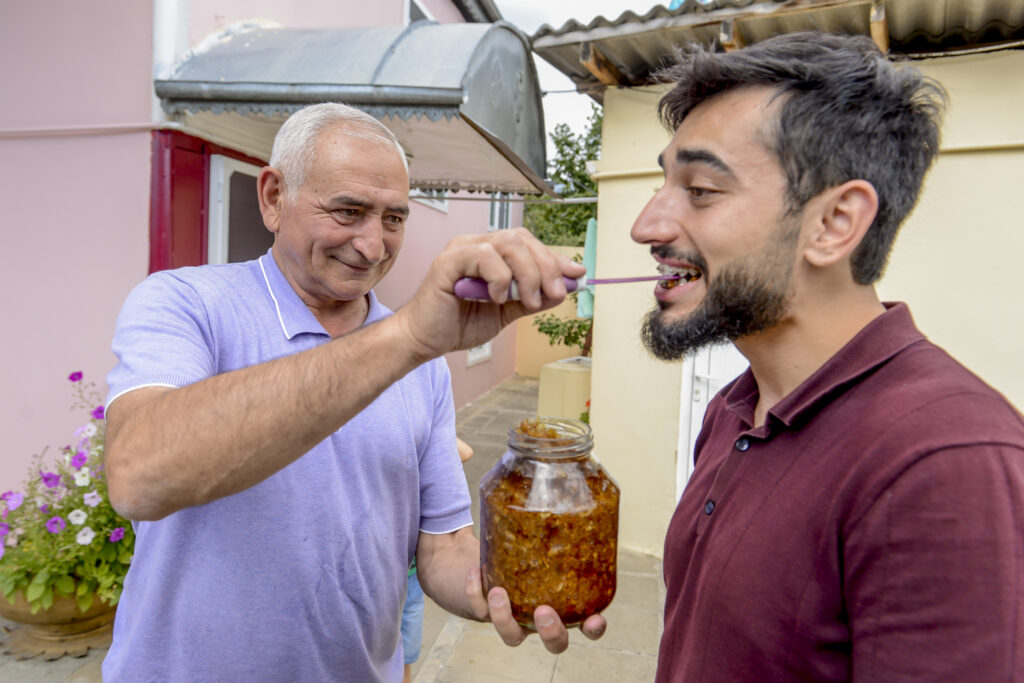 Good, clean and fair food: How the EU supports agriculture and biodiversity in Azerbaijan
Good, clean and fair food: How the EU supports agriculture and biodiversity in Azerbaijan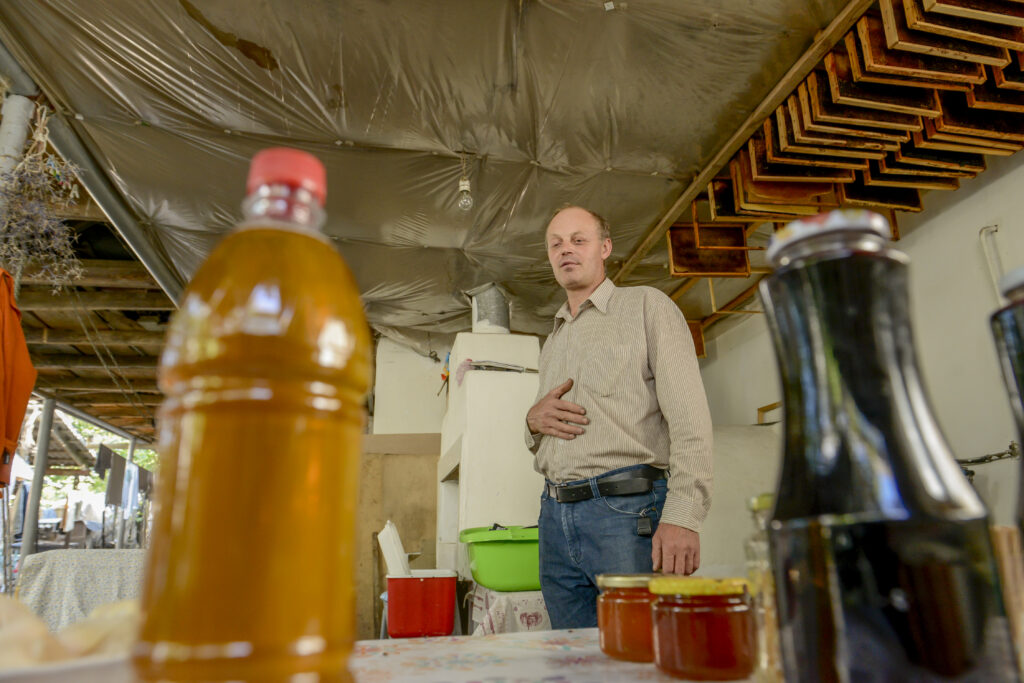 Good, clean and fair food: How the EU supports agriculture and biodiversity in Azerbaijan
Good, clean and fair food: How the EU supports agriculture and biodiversity in Azerbaijan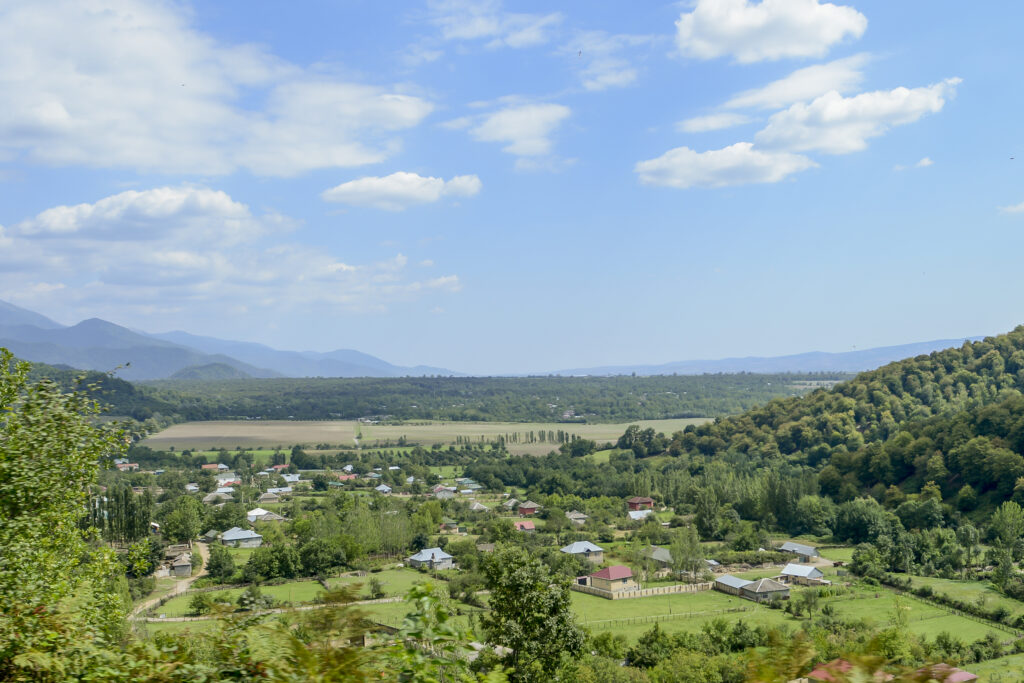 Good, clean and fair food: How the EU supports agriculture and biodiversity in Azerbaijan
Good, clean and fair food: How the EU supports agriculture and biodiversity in Azerbaijan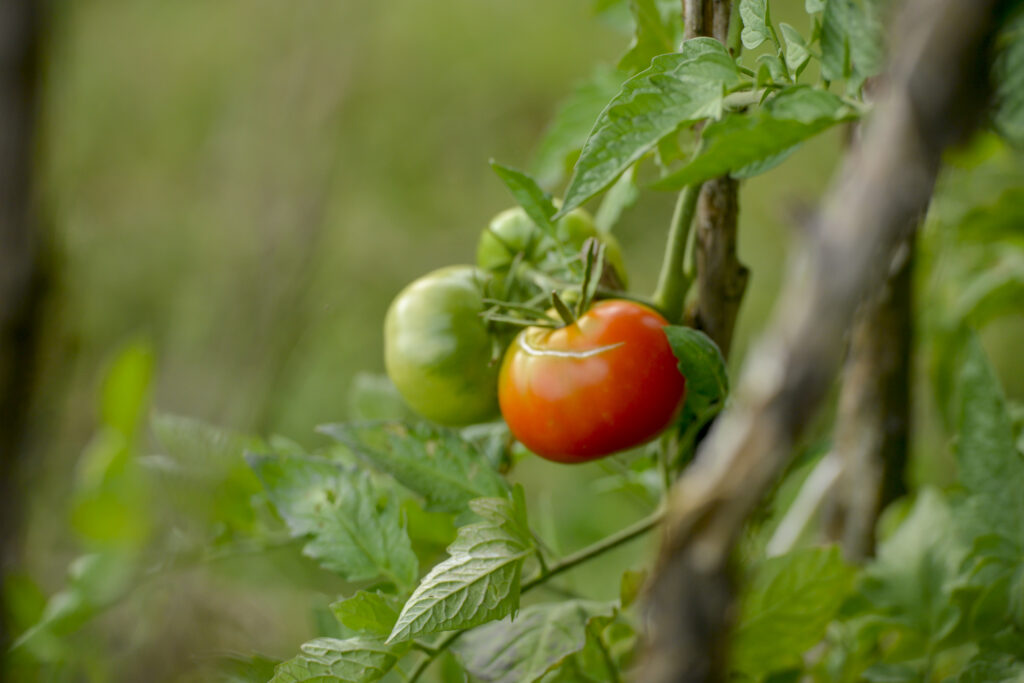 Good, clean and fair food: How the EU supports agriculture and biodiversity in Azerbaijan
Good, clean and fair food: How the EU supports agriculture and biodiversity in Azerbaijan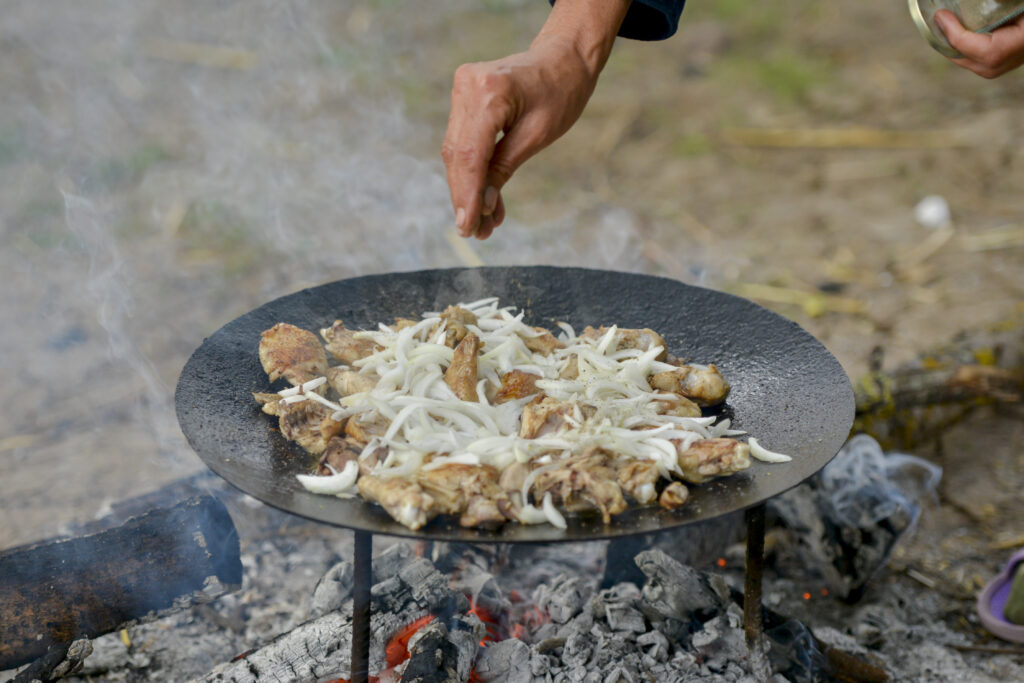 Good, clean and fair food: How the EU supports agriculture and biodiversity in Azerbaijan
Good, clean and fair food: How the EU supports agriculture and biodiversity in Azerbaijan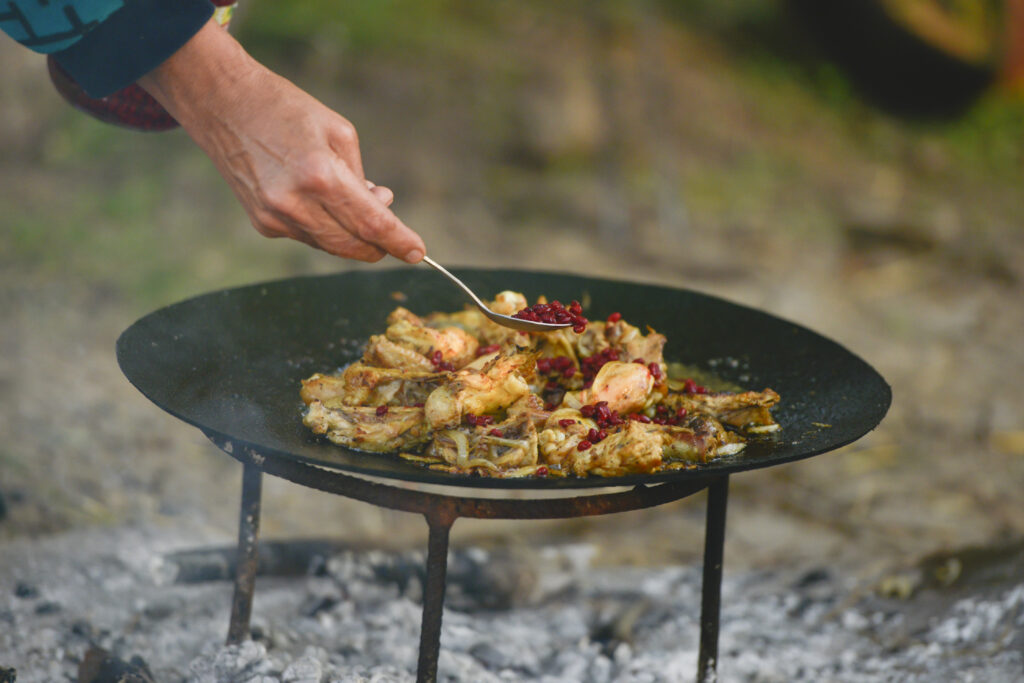 Good, clean and fair food: How the EU supports agriculture and biodiversity in Azerbaijan
Good, clean and fair food: How the EU supports agriculture and biodiversity in Azerbaijan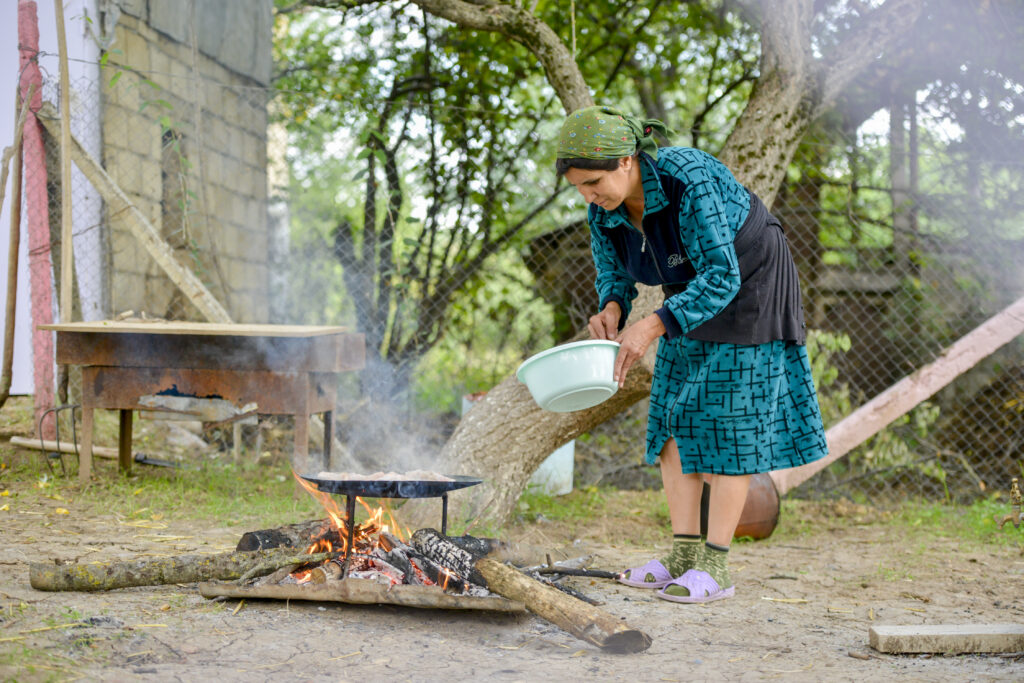 Good, clean and fair food: How the EU supports agriculture and biodiversity in Azerbaijan
Good, clean and fair food: How the EU supports agriculture and biodiversity in Azerbaijan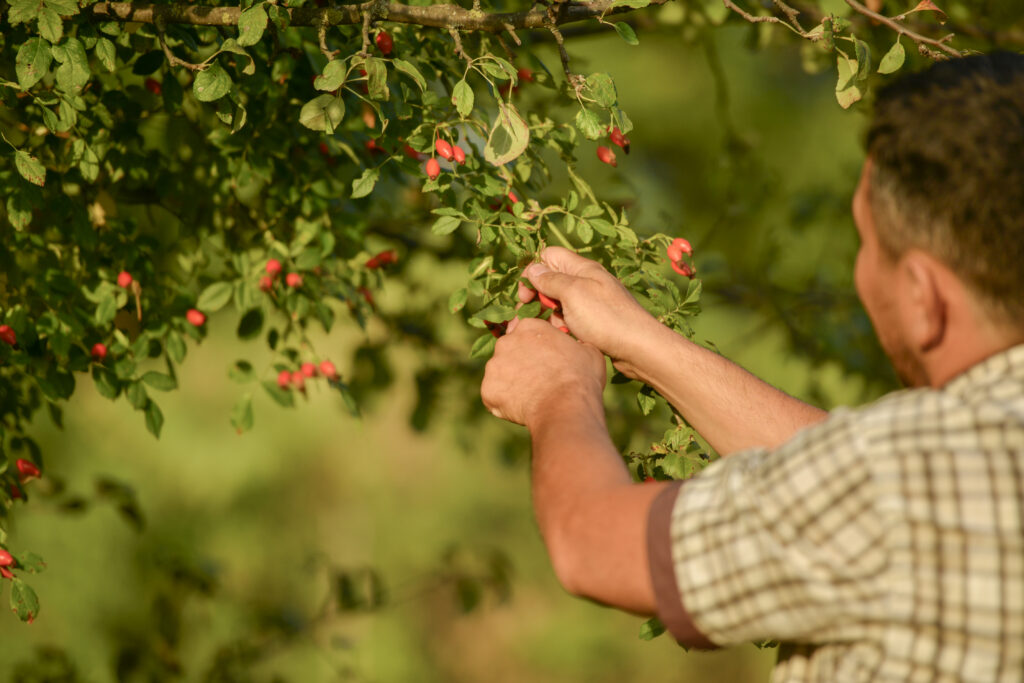 Good, clean and fair food: How the EU supports agriculture and biodiversity in Azerbaijan
Good, clean and fair food: How the EU supports agriculture and biodiversity in Azerbaijan
“Farmers are the protagonists of the agricultural value chain. They are key actors in the protection of local biodiversity. Thanks to their efforts, many rare plants, animal species and traditional recipes have been preserved in Azerbaijan,” says Yagub Zeynalzade, assistant project manager of COVCHEG.
“Our task is to raise awareness about them, so that people know more about their traditions and products,” he adds. “Our ultimate goal is the sustainable development of farming in Azerbaijan.”
One of the components of the COVCHEG project is the Ark of Taste. This is the world’s largest online catalogue of agricultural biodiversity and small-scale family-based food production systems that are endangered by industrialisation, genetic erosion, changing consumption patterns, climate change, the abandonment of rural areas and migration.
Through the ‘Ark of Taste Contest’, local and international experts, as well as youth, farmers, cooks, and other enthusiasts, had the chance to nominate at-risk products, traditions and biological species for inclusion in the catalogue.
“In total, the catalogue contains more than 5,000 products from around the world,” says Yagub.
Among the list of Azerbaijani products, the Ark of Taste includes the Madrasa grape and wine, the Marsan tomato, the wild rose petal jam, the Karabakh sheep, the Ismailli garlic, the Motal cheese and more.
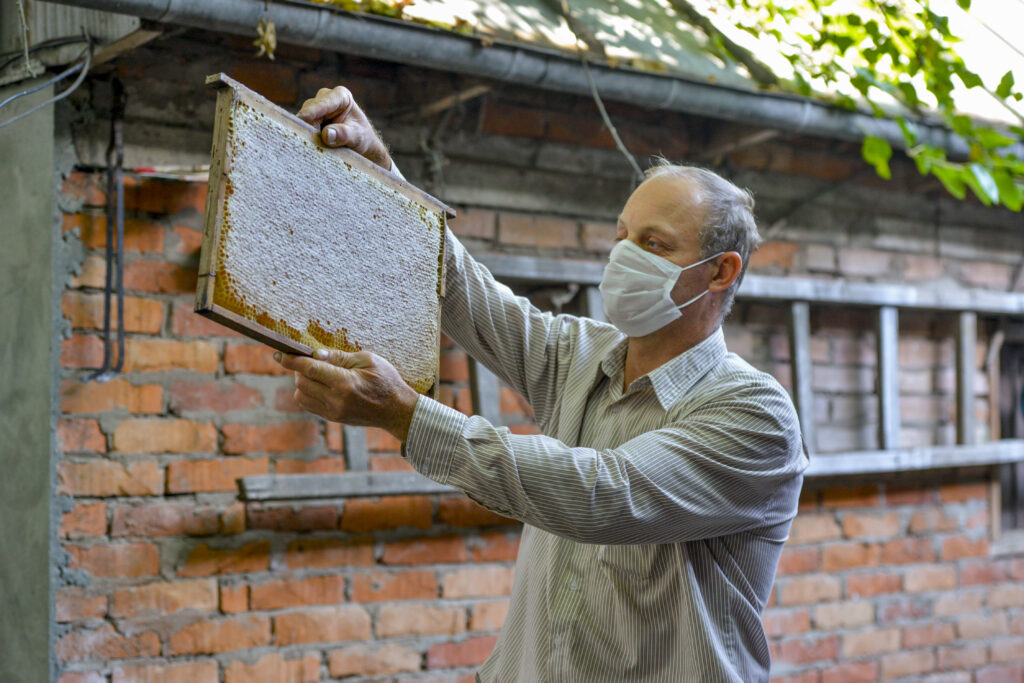 Andrey Antifeev from the village of Ivanovka, Ismailli Region
Andrey Antifeev from the village of Ivanovka, Ismailli Region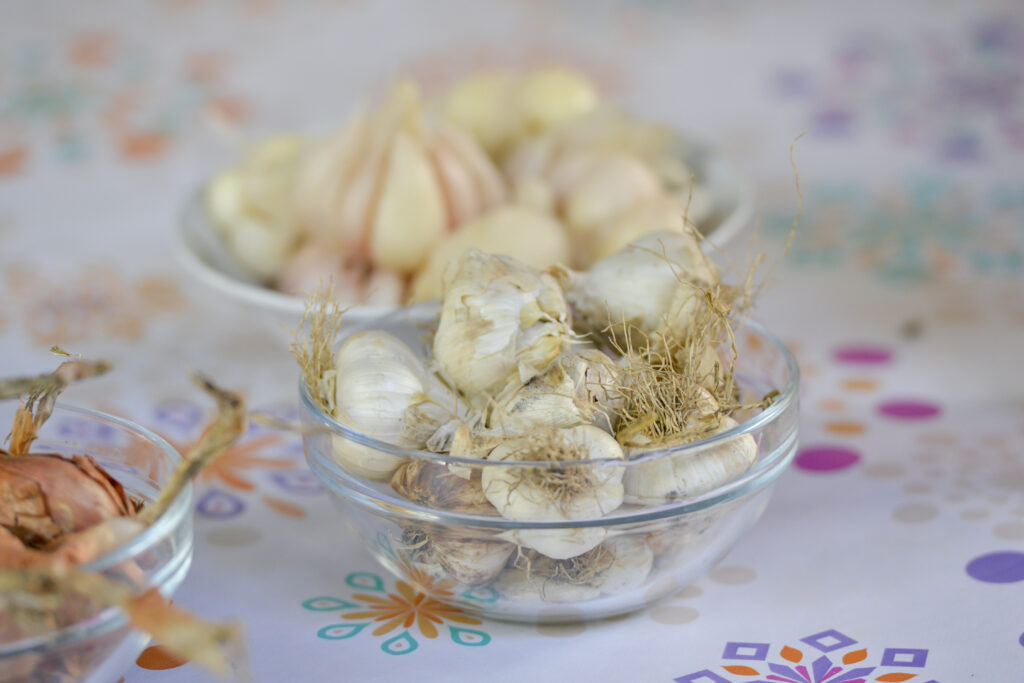 Garlic harvested by Andrey
Garlic harvested by Andrey
One of the farmers in Azerbaijan actively participating in the initiatives of Slow Food is Andrey Antifeev from the village of Ivanovka, Ismailli Region. The village is known for its long traditions in beekeeping. Andrey has worked with bees since childhood, and now he has an apiary of 140 beehives. He follows the new trends in beekeeping, but he always aims to obtain a pure product.
In addition to honey, Andrey’s farm cultivates Ismailli garlic and Madrasa grape, both of which are included in the Ark of Taste. Currently, this variety of grape is grown in several villages in the Shamakhi and Ismailli regions. It has been cultivated in the village of Ivanovka since 1956. Back in the day, there were 470 hectares of Madrasa grape, which have now dropped to 290. The COVCHEG project documentation explains that small producers allocate only 5% of their vineyards to the Madrasa variety (usually for their own consumption), as they are forced to grow more productive varieties from abroad.
Ivanovka is also considered the birthplace of the Ismailli garlic, which has been grown here since the founding of the village. In the past few years, this variety, which has an unobtrusive but persistent aroma and rich taste, has faced serious competition from imported garlic from China, which is larger but less aromatic.
The Ismailli garlic is often used for pickling. Farmer Andrey says: “For pickling, the garlic should be harvested when the skin is still young and thin. After cleaning it, the garlic is stored in barrels with water and salt. After a couple of months, grape vinegar is added to the brine to keep the garlic crisp for months.”
Andrey also represented Azerbaijan at the largest Slow Food event, the Terra Madre Salone del Gusto Festival in Turin, Italy, in September 2018. At the fair, he presented his products, including the famous Ivanovka honey.
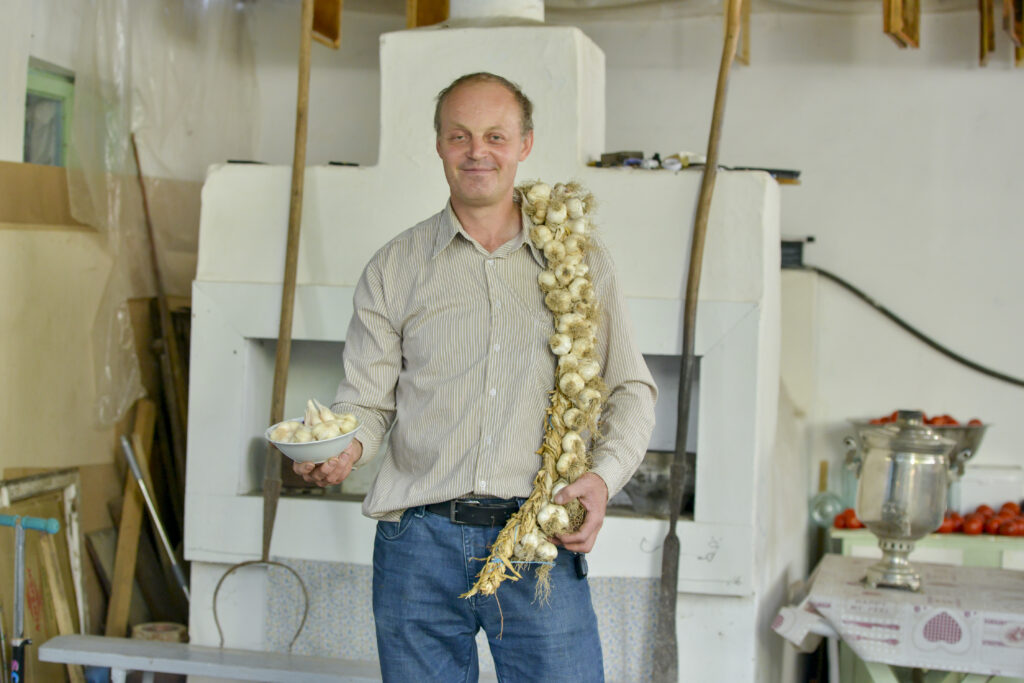 Andrey Antifeev from the village of Ivanovka, Ismailli Region
Andrey Antifeev from the village of Ivanovka, Ismailli Region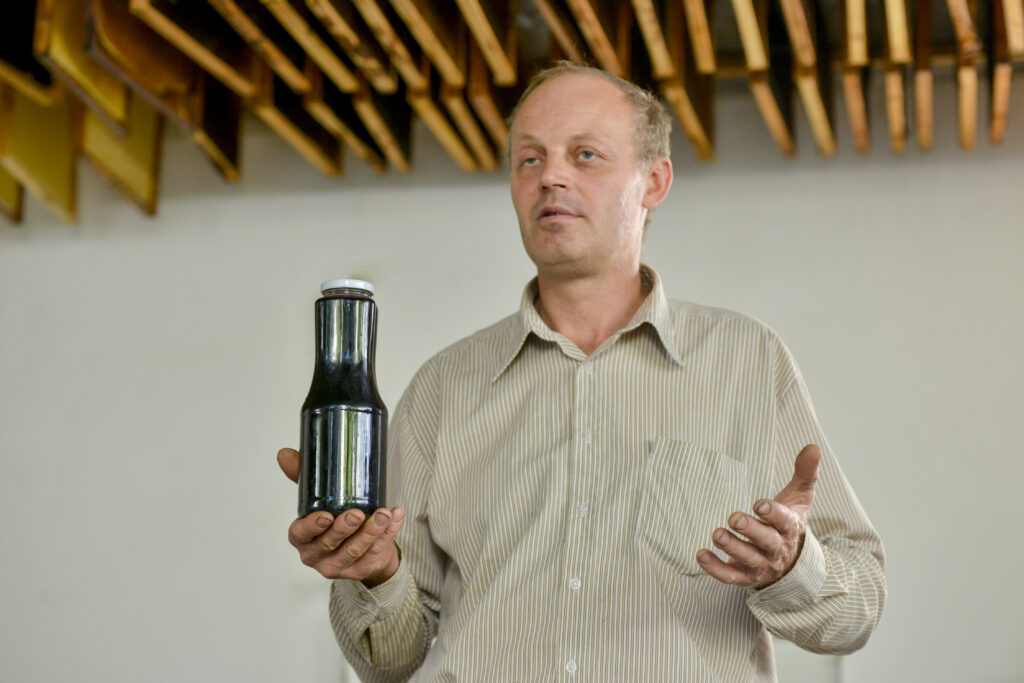 Andrey Antifeev from the village of Ivanovka, Ismailli Region
Andrey Antifeev from the village of Ivanovka, Ismailli Region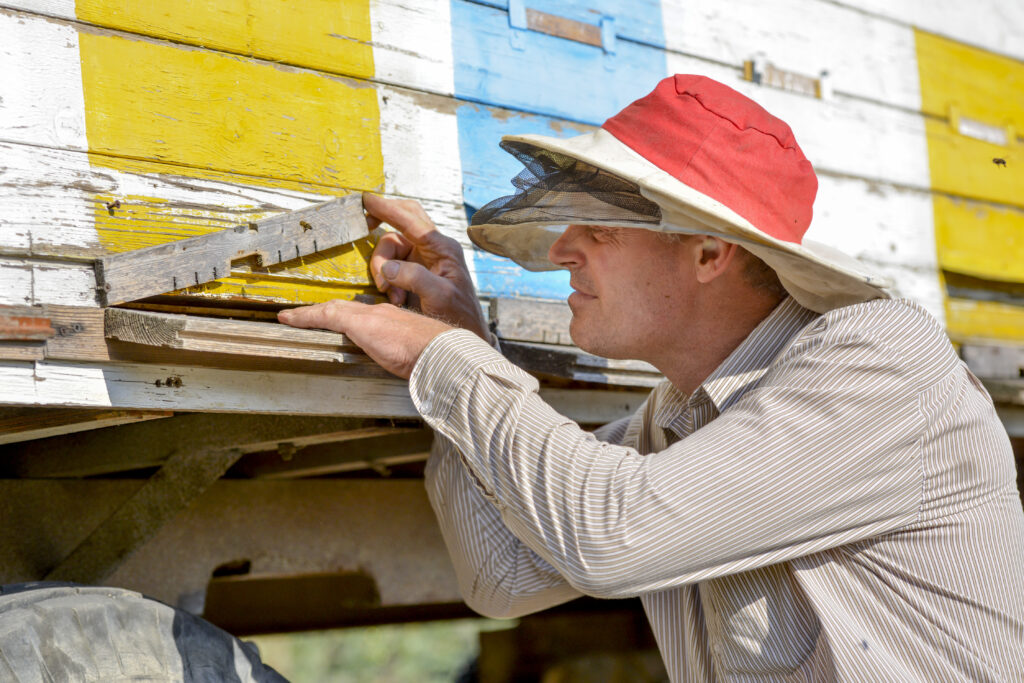 Andrey Antifeev from the village of Ivanovka, Ismailli Region
Andrey Antifeev from the village of Ivanovka, Ismailli Region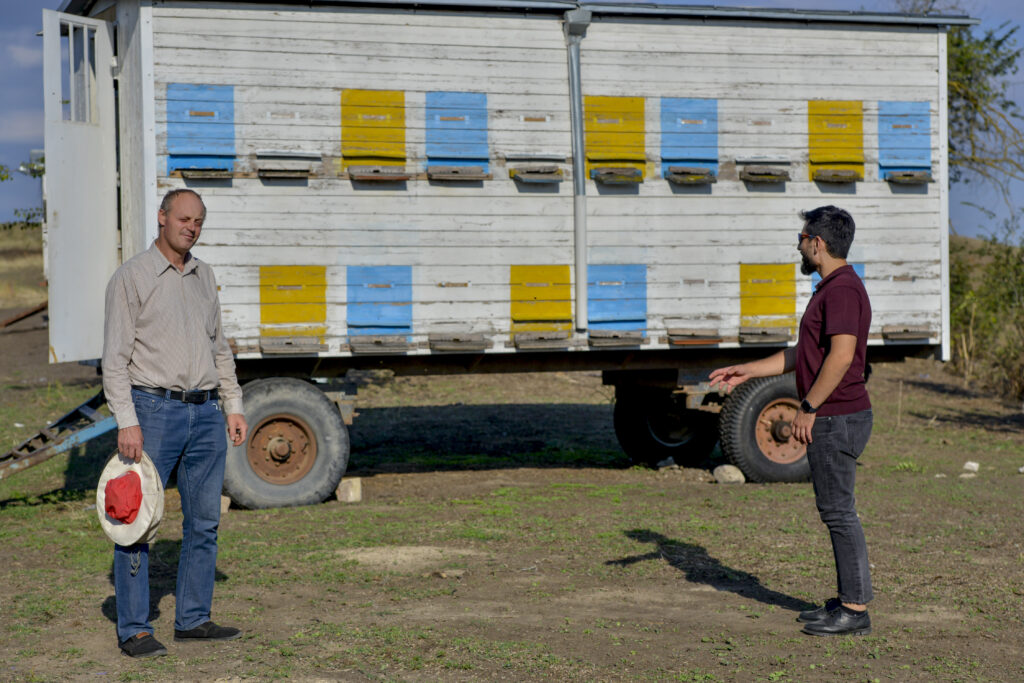 Andrey Antifeev from the village of Ivanovka, Ismailli Region
Andrey Antifeev from the village of Ivanovka, Ismailli Region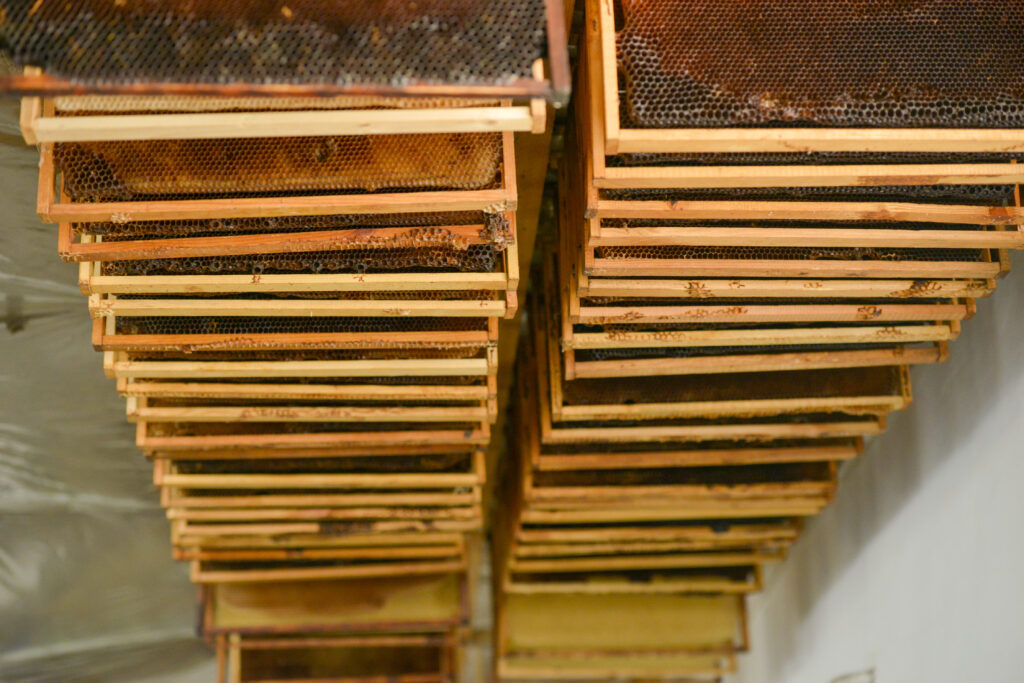 Honey frames in Andrey’s house
Honey frames in Andrey’s house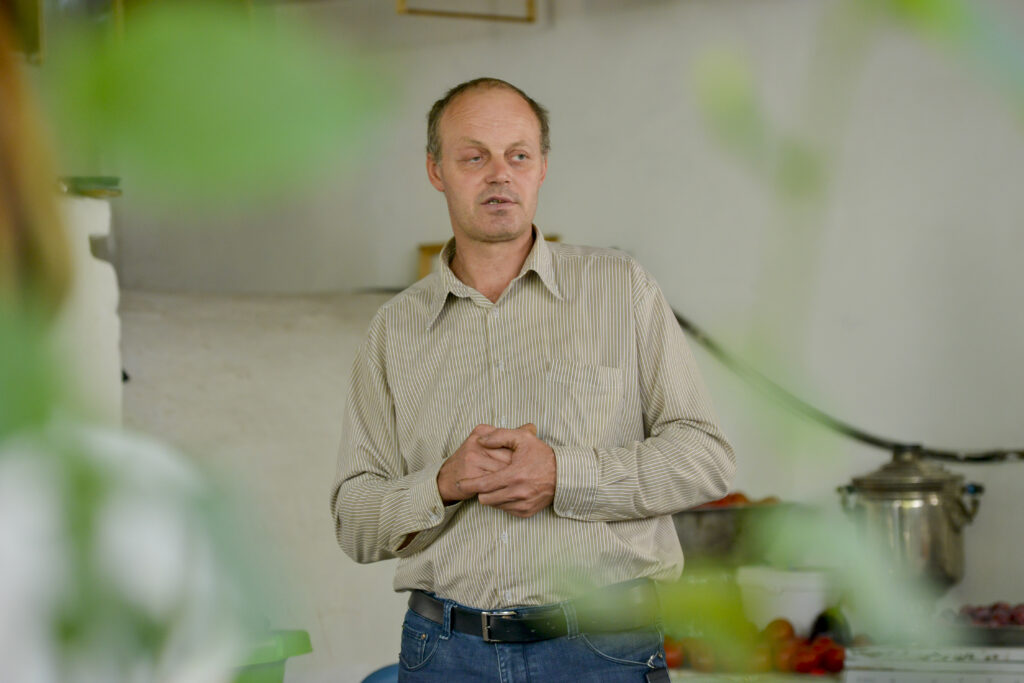 Andrey Antifeev from the village of Ivanovka, Ismailli Region
Andrey Antifeev from the village of Ivanovka, Ismailli Region
“Our family supports the preservation of traditions in agriculture. We make clean and fair trade food into which we pour our soul,” he says. “It is great to be part of a global movement like Slow Food and support biodiversity, as this is what we have always strived for.”
Another component of the project, the Presidia, directly supports farms and involves the creation of farming communities that protect biodiversity and preserve traditional food production techniques. This helps farmers to be less isolated, overcome difficulties together and gain access to the market without using third parties.
All products protected by the Presidia are linked with the history and culture of a particular area. The farmers receive training through meetings with experts and international exchanges of experience.
Presidia unites producers of six food products from Azerbaijan. Farmer Agami Agayev from the village of Zarat, Ismailli Region, is one of them. For six generations, his family has been involved in the cultivation of rosehip and the production of rosehip syrup. Agami knows so much about this plant that, as he says himself, he can write a book about it.
“Rosehip is not a capricious plant, but it is so useful! It is a natural medicine: it is good for your kidneys, blood pressure, stomach and intestines, and helps with blood clotting. It strengthens the immune system and has a choleretic effect. It is safe to say that this plant keeps us young,” explains Agami.
To make the syrup, you first have to remove the petals from the harvested rosehip. According to the farmer, this is the most time-consuming part of the process. The rosehip is washed and boiled for about half an hour, and then kept for another three to four hours under a closed lid.
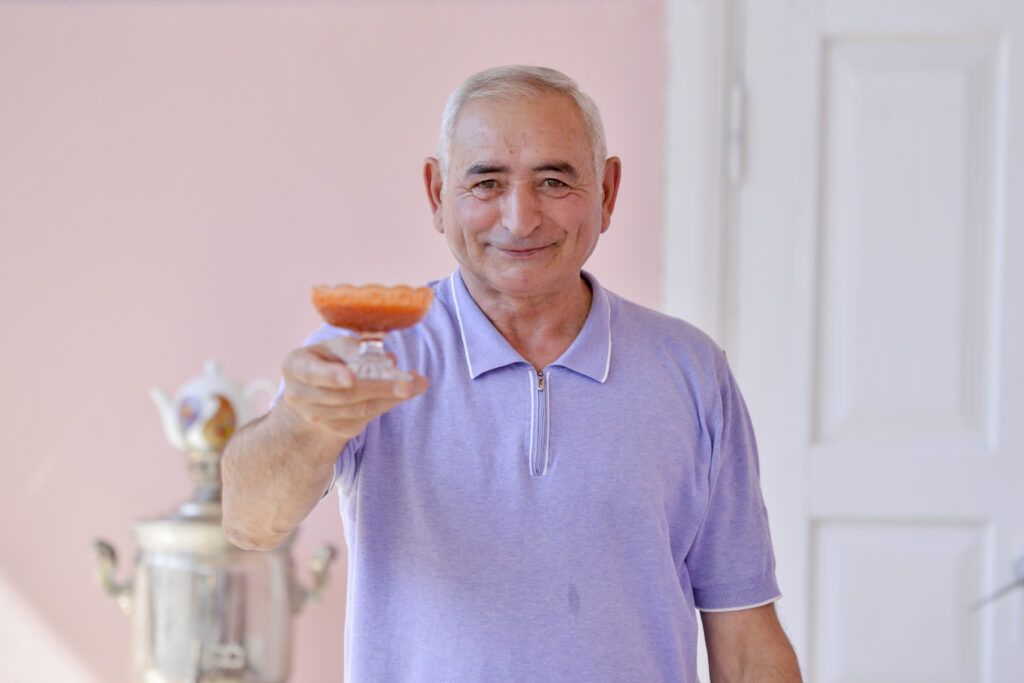 Agami Agayev from the village of Zarat, Ismailli Region
Agami Agayev from the village of Zarat, Ismailli Region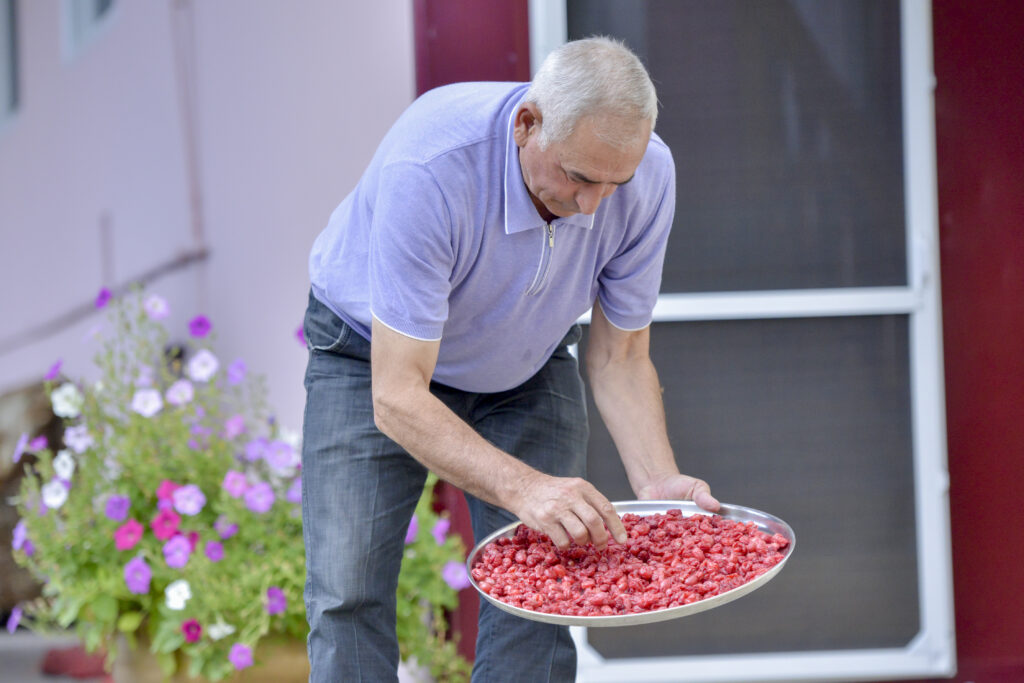 Agami Agayev from the village of Zarat, Ismailli Region
Agami Agayev from the village of Zarat, Ismailli Region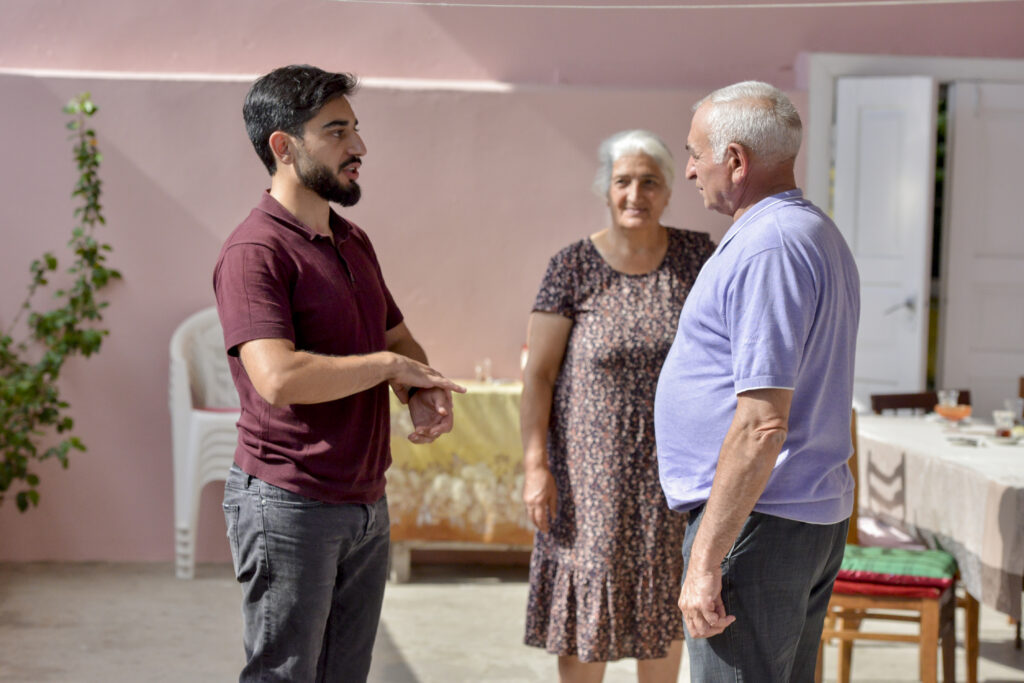 Good, clean and fair food: How the EU supports agriculture and biodiversity in Azerbaijan
Good, clean and fair food: How the EU supports agriculture and biodiversity in Azerbaijan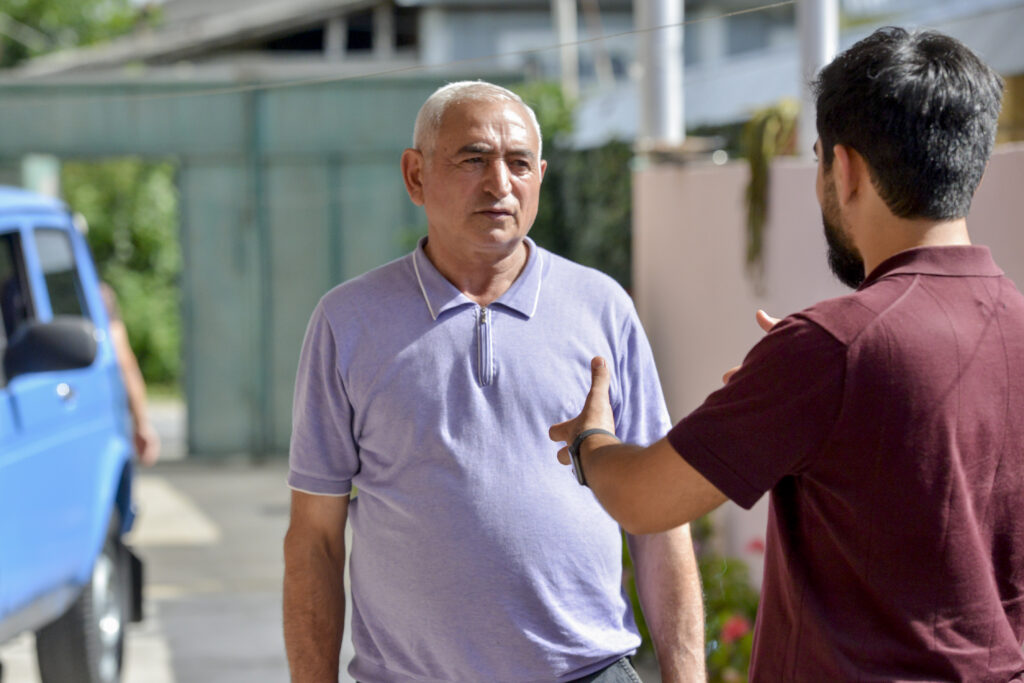 Agami Agayev
Agami Agayev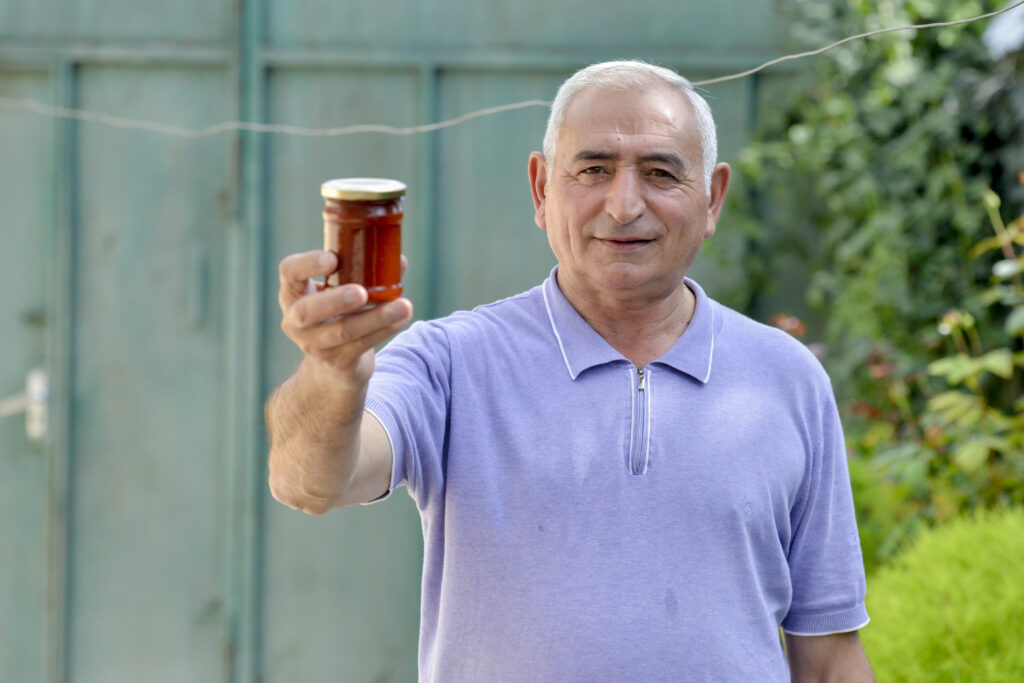 Agami Agayev from the village of Zarat, Ismailli Region
Agami Agayev from the village of Zarat, Ismailli Region
After that, you add sugar and boil the mixture until it thickens. The mixture is then sieved several times. It takes about 15 kg of rosehip to make about 5 kg of syrup.
“We do not have any problems selling the syrup, as people are aware of its benefits. However, merging with other producers into a cooperative under the Presidia would help to increase production and reach a wider market,” says Agami.
Yagub explains that according to the current food safety regulations in Azerbaijan, food products cannot be officially marketed without a food safety certificate. To obtain this document, the product cannot be made in a residential building.
“That’s why, we gather manufacturers of the same products into communities. In the future, we expect to receive help from government bodies such as the Small and Medium Business Development Agency and private investors, so we can establish common production facilities,” the assistant project manager says.
According to the rules of the project, the united farmers sign a production protocol, agreeing to comply with the full cycle of cultivation and processing prescribed in it. Then they can use the Slow Food Presidia brand on their product labels. These protocols are designed with respect to the traditions and local methods of production.
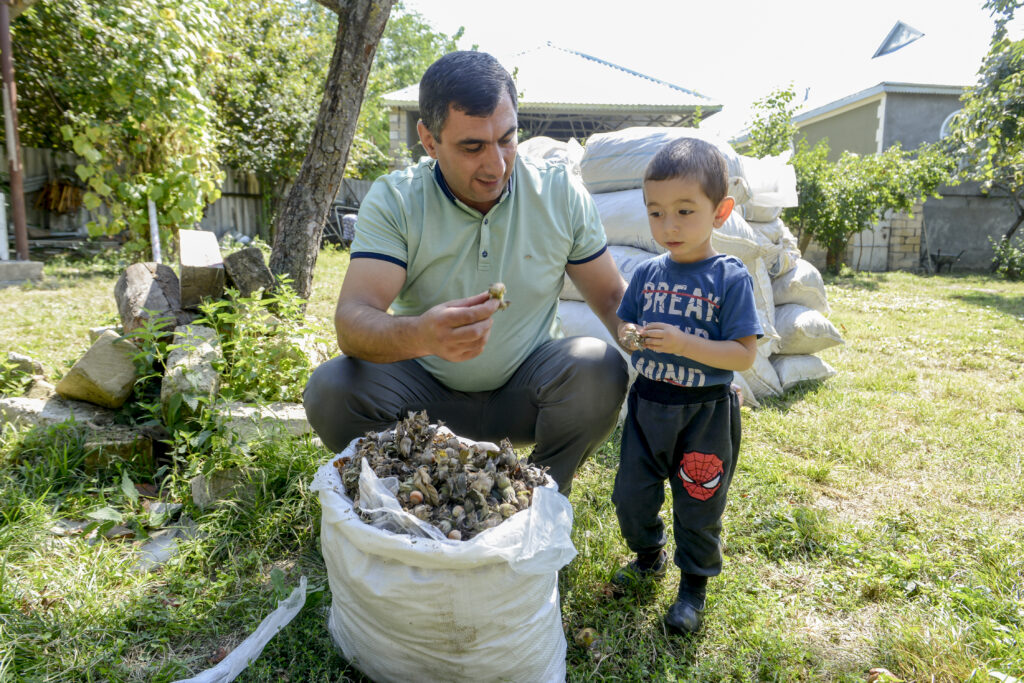 Sabukhi Nabiyev from the village of Kotuklu, Gabala Region
Sabukhi Nabiyev from the village of Kotuklu, Gabala Region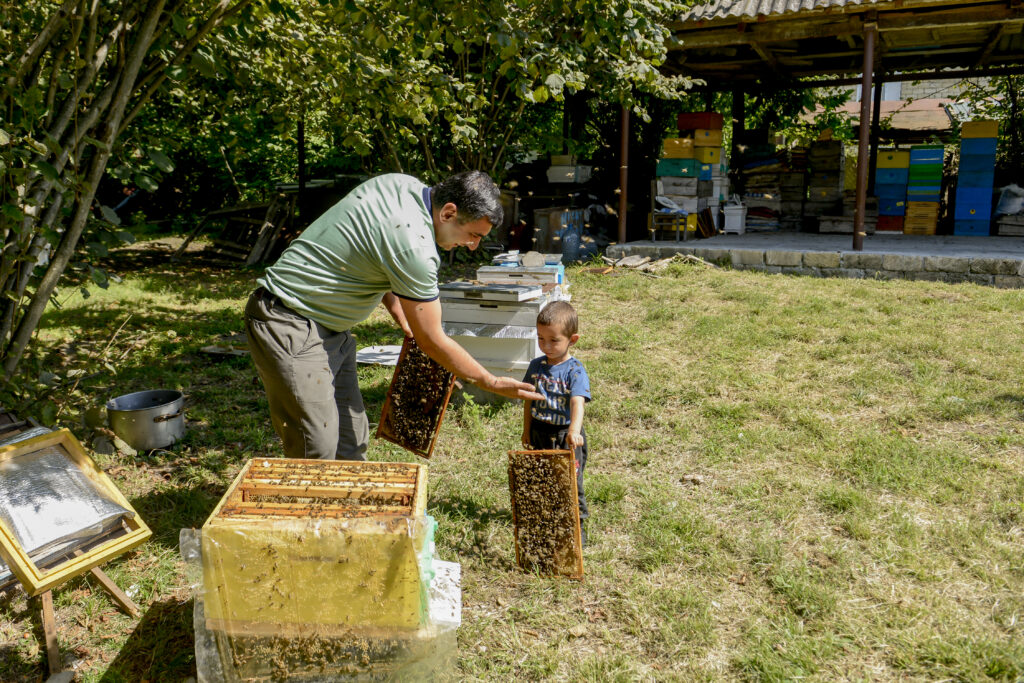 Sabukhi Nabiyev from the village of Kotuklu, Gabala Region
Sabukhi Nabiyev from the village of Kotuklu, Gabala Region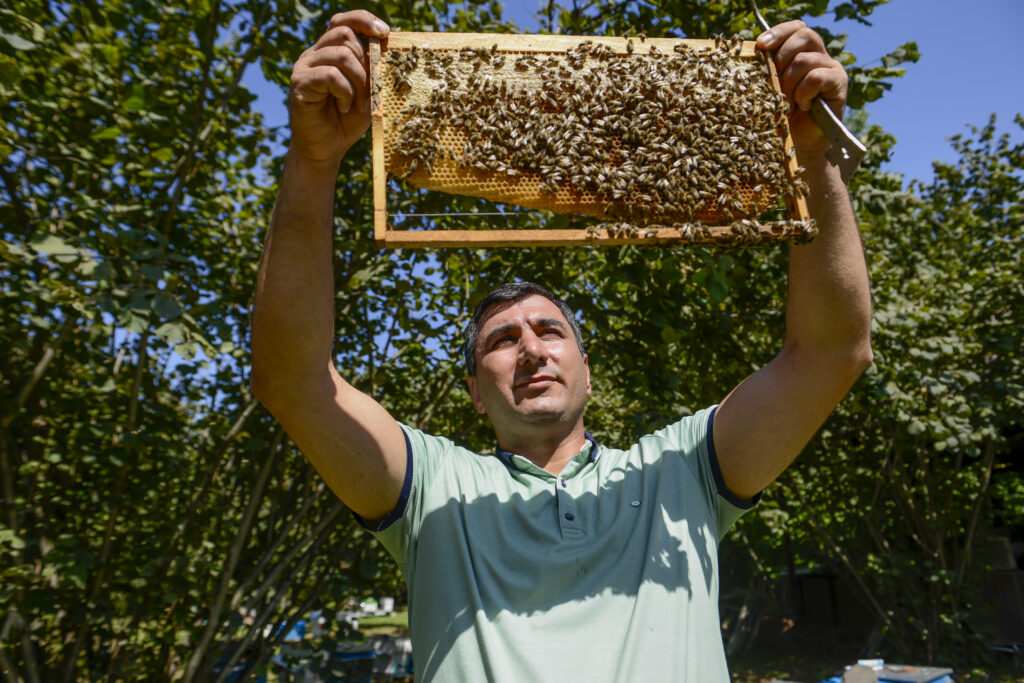 Sabukhi Nabiyev from the village of Kotuklu, Gabala Region
Sabukhi Nabiyev from the village of Kotuklu, Gabala Region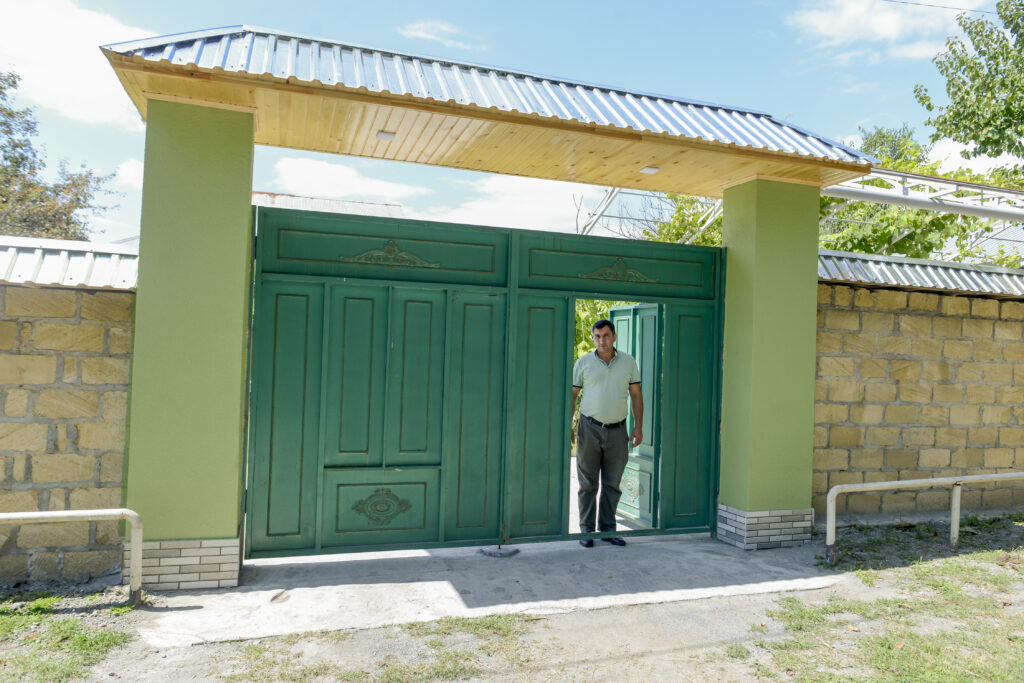 Sabukhi Nabiyev from the village of Kotuklu, Gabala Region
Sabukhi Nabiyev from the village of Kotuklu, Gabala Region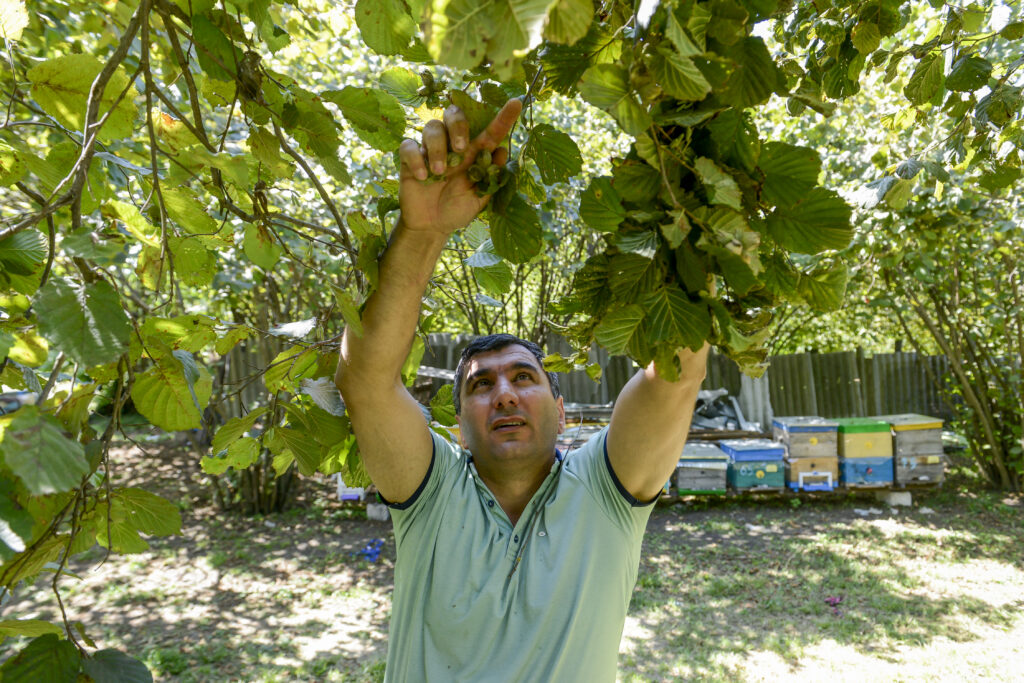 Sabukhi Nabiyev from the village of Kotuklu, Gabala Region
Sabukhi Nabiyev from the village of Kotuklu, Gabala Region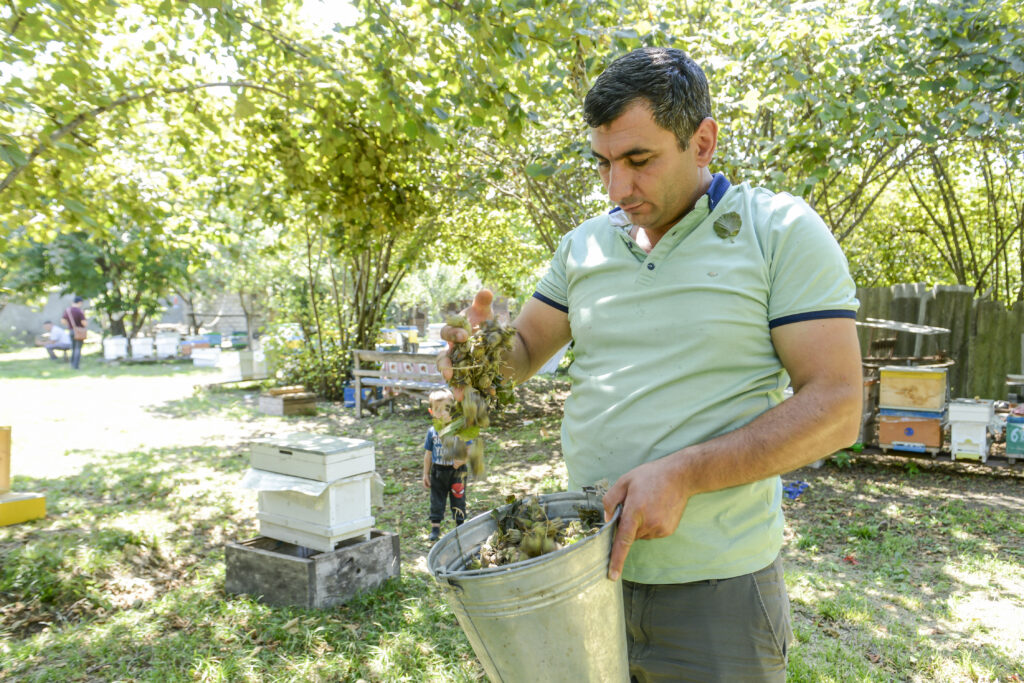 Sabukhi Nabiyev from the village of Kotuklu, Gabala Region
Sabukhi Nabiyev from the village of Kotuklu, Gabala Region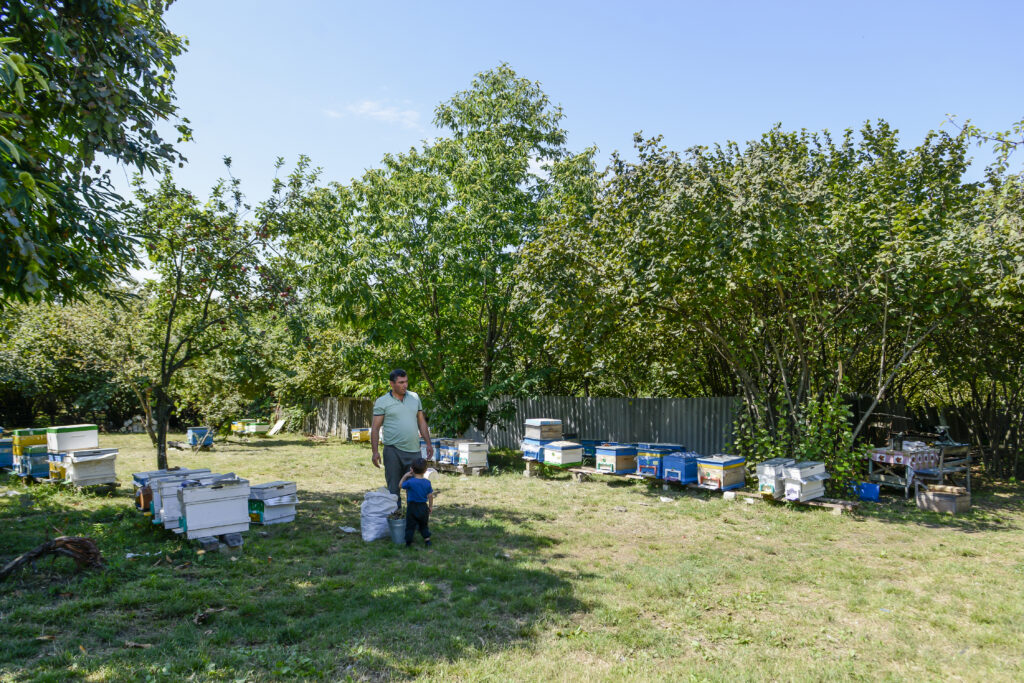 Sabukhi Nabiyev from the village of Kotuklu, Gabala Region
Sabukhi Nabiyev from the village of Kotuklu, Gabala Region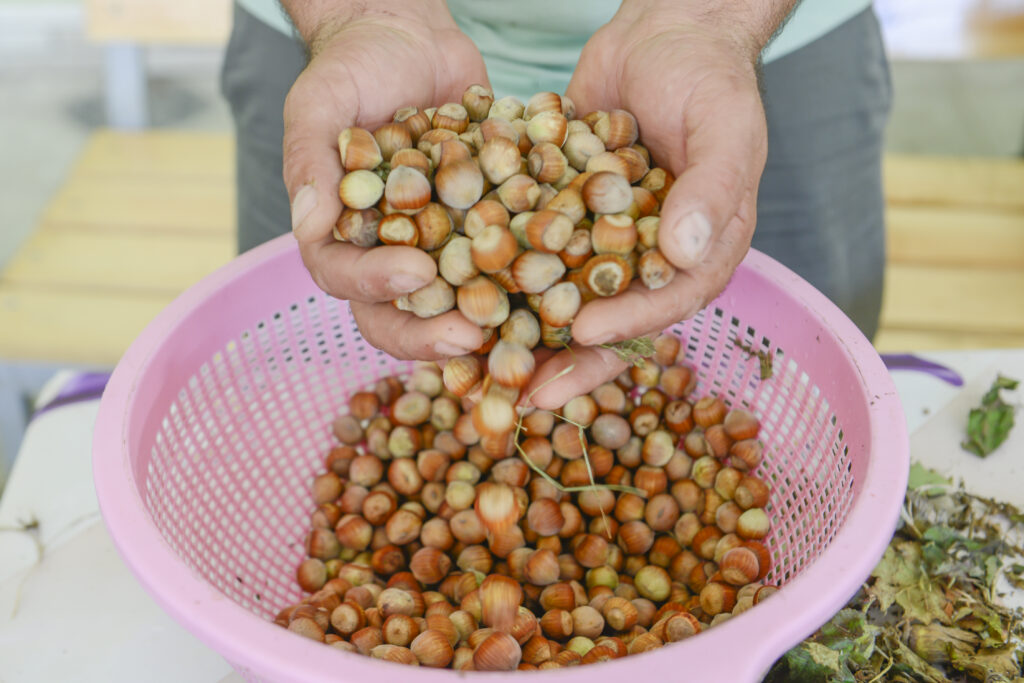 Sabukhi Nabiyev from the village of Kotuklu, Gabala Region
Sabukhi Nabiyev from the village of Kotuklu, Gabala Region
Sabukhi Nabiyev from the village of Kotuklu, Gabala Region, is also a member of the Presidia. Coming from a long line of beekeepers, Sabukhi, a mathematics teacher by education, decided to devote himself to the family business. Over the past five to six years, the number of grey mountain Caucasian bee families in Sabukhi’s apiary has grown from 50 to more than 200.
This type of bee is known for its productivity: even with a relatively small amount of nectar, it can produce a fair amount of honey. It also has a calm disposition, even when the beekeeper examines the hive. In Ismailli and Gabala, these bees mainly produce linden honey.
“Mountain honey is a valuable natural energy drink and a medicine for many ailments. For many years, our family has been producing honey following the rules and traditions. I learnt everything from my father. We are happy that there is a global network of farmers who adhere to the principles of pure production,” says Sabukhi. “This is something that our family has always paid special attention to.”
Sabukhi notes that fake honey is very easy to make, and those who are trying to cheat are well known in the farming community. “I am confident that uniting honest beekeepers into communities through Slow Food will help our honey become recognised in the wider market,” he says.
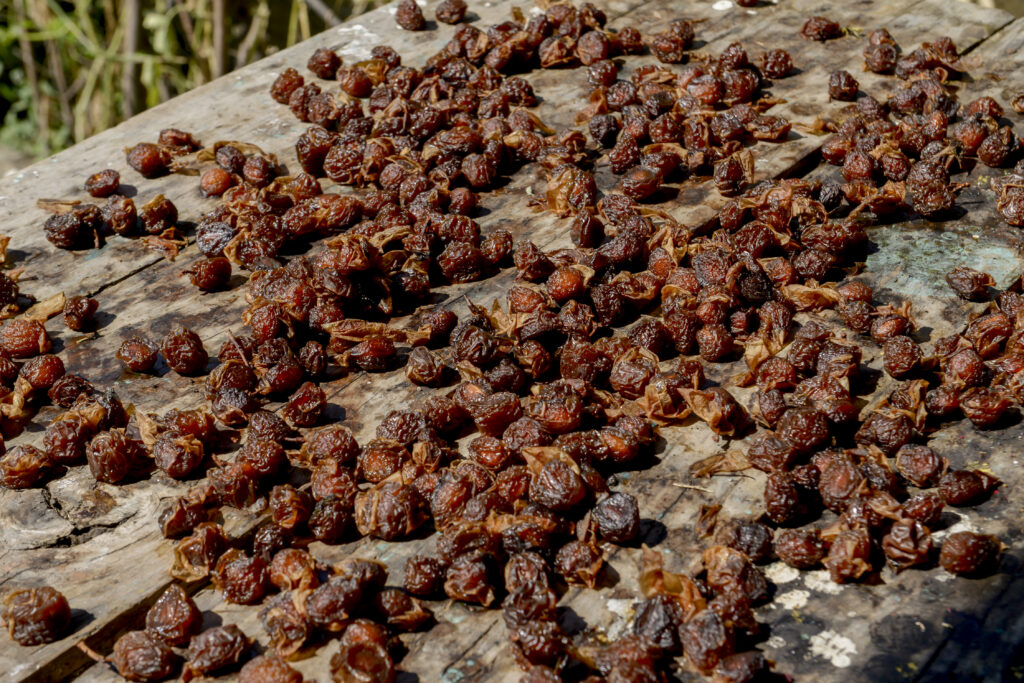 Good, clean and fair food: How the EU supports agriculture and biodiversity in Azerbaijan
Good, clean and fair food: How the EU supports agriculture and biodiversity in Azerbaijan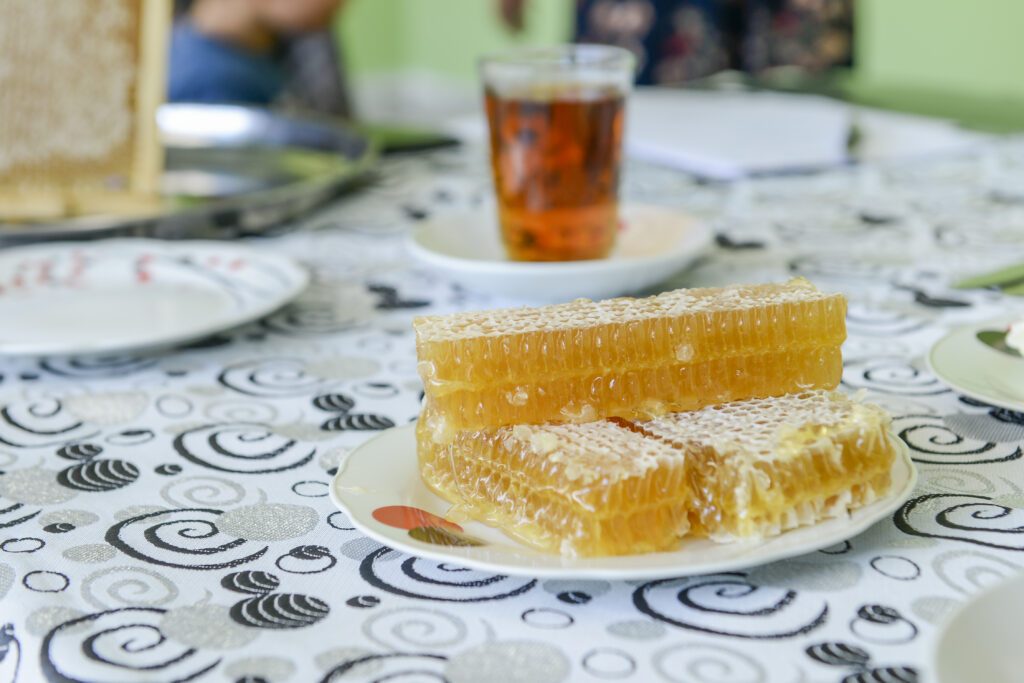 Good, clean and fair food: How the EU supports agriculture and biodiversity in Azerbaijan
Good, clean and fair food: How the EU supports agriculture and biodiversity in Azerbaijan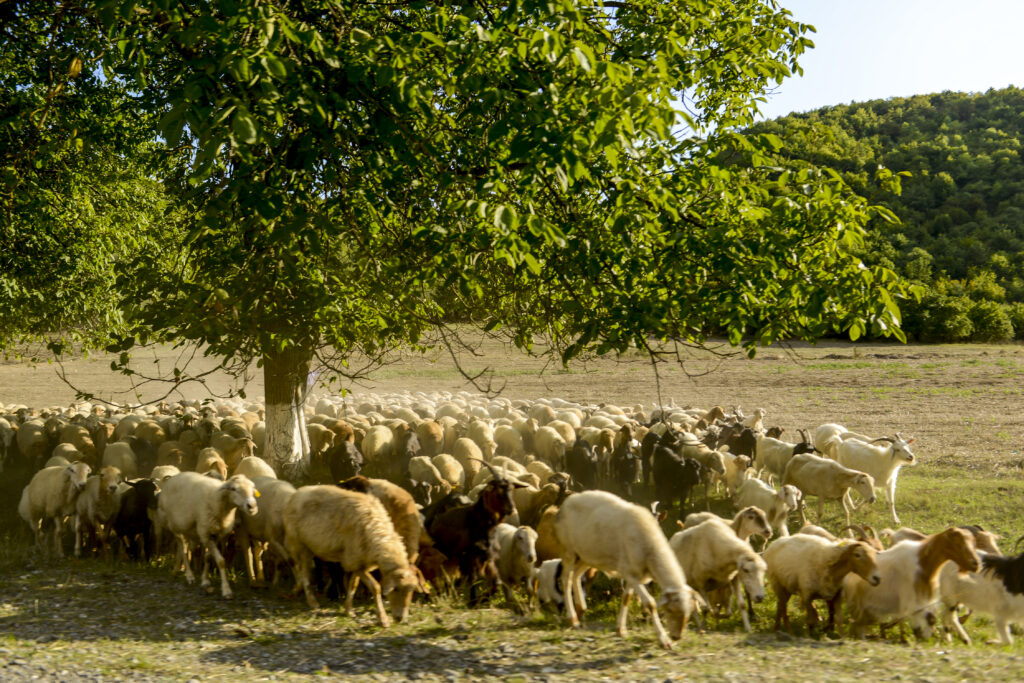 Good, clean and fair food: How the EU supports agriculture and biodiversity in Azerbaijan
Good, clean and fair food: How the EU supports agriculture and biodiversity in Azerbaijan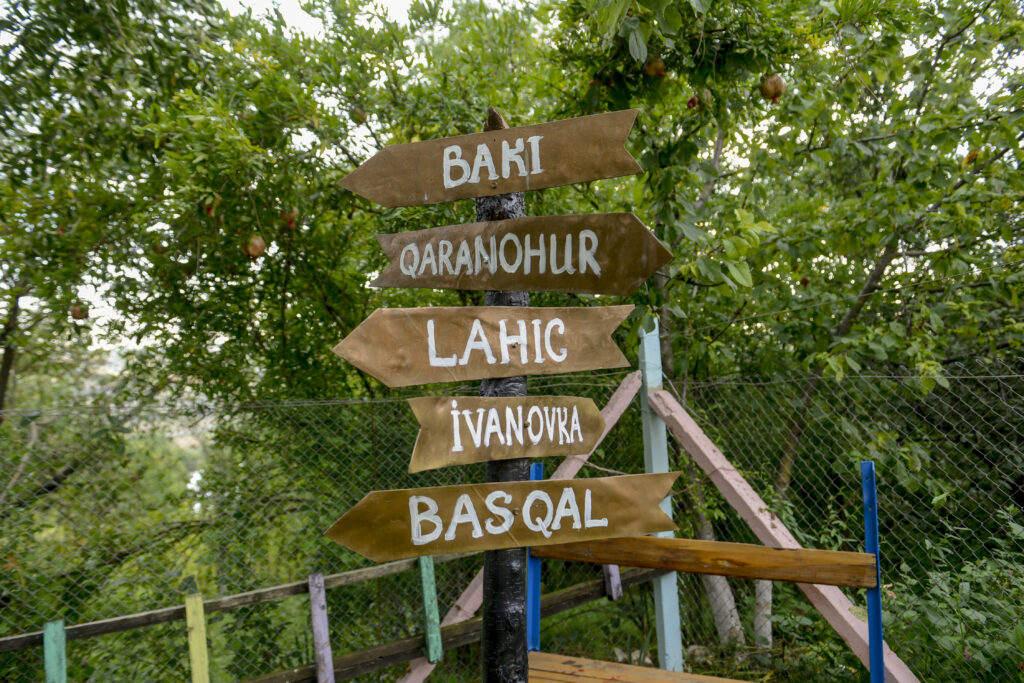 Good, clean and fair food: How the EU supports agriculture and biodiversity in Azerbaijan
Good, clean and fair food: How the EU supports agriculture and biodiversity in Azerbaijan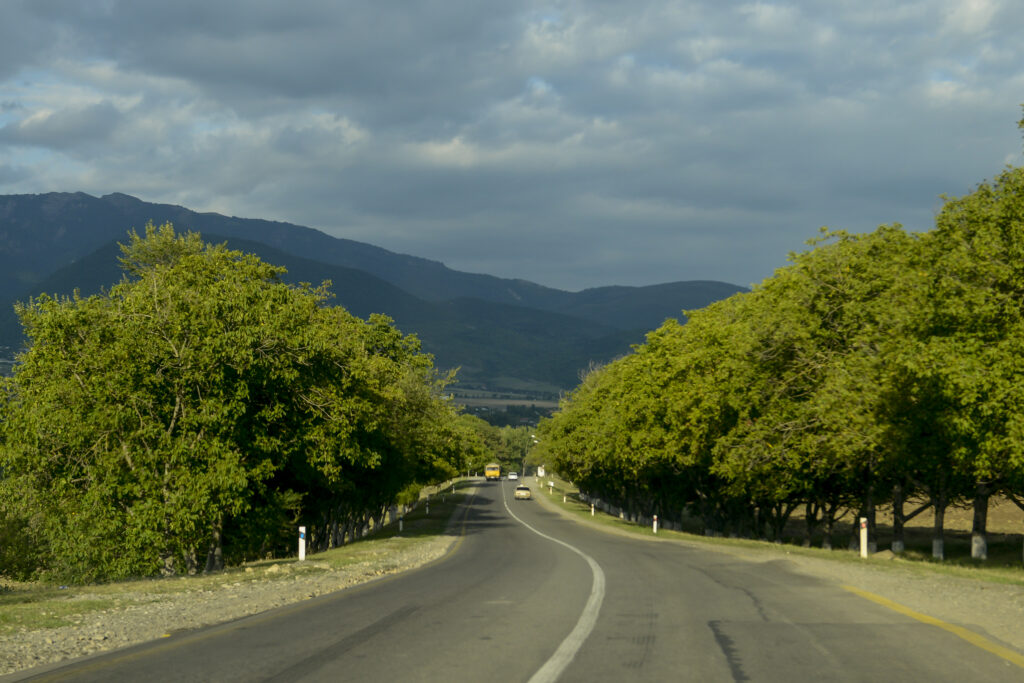 Good, clean and fair food: How the EU supports agriculture and biodiversity in Azerbaijan
Good, clean and fair food: How the EU supports agriculture and biodiversity in Azerbaijan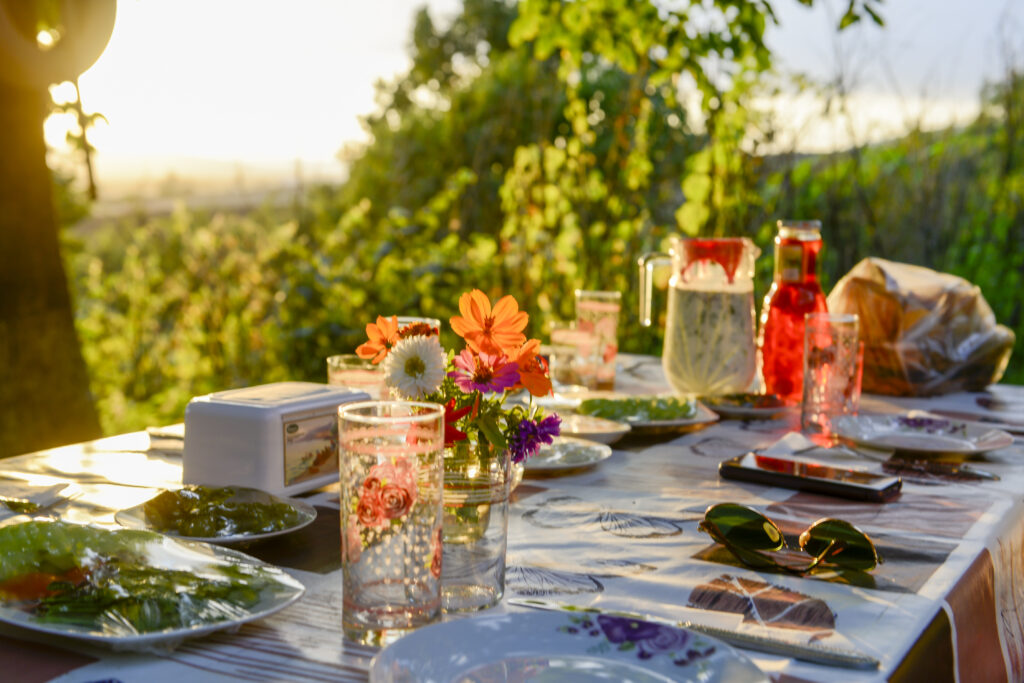 Good, clean and fair food: How the EU supports agriculture and biodiversity in Azerbaijan
Good, clean and fair food: How the EU supports agriculture and biodiversity in Azerbaijan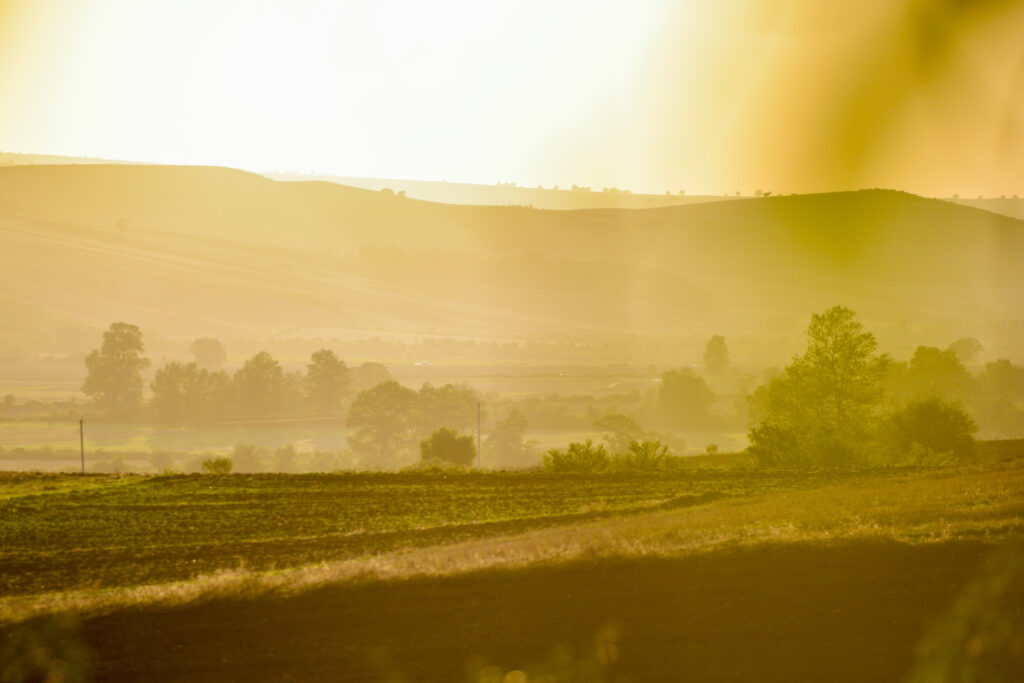 Good, clean and fair food: How the EU supports agriculture and biodiversity in Azerbaijan
Good, clean and fair food: How the EU supports agriculture and biodiversity in Azerbaijan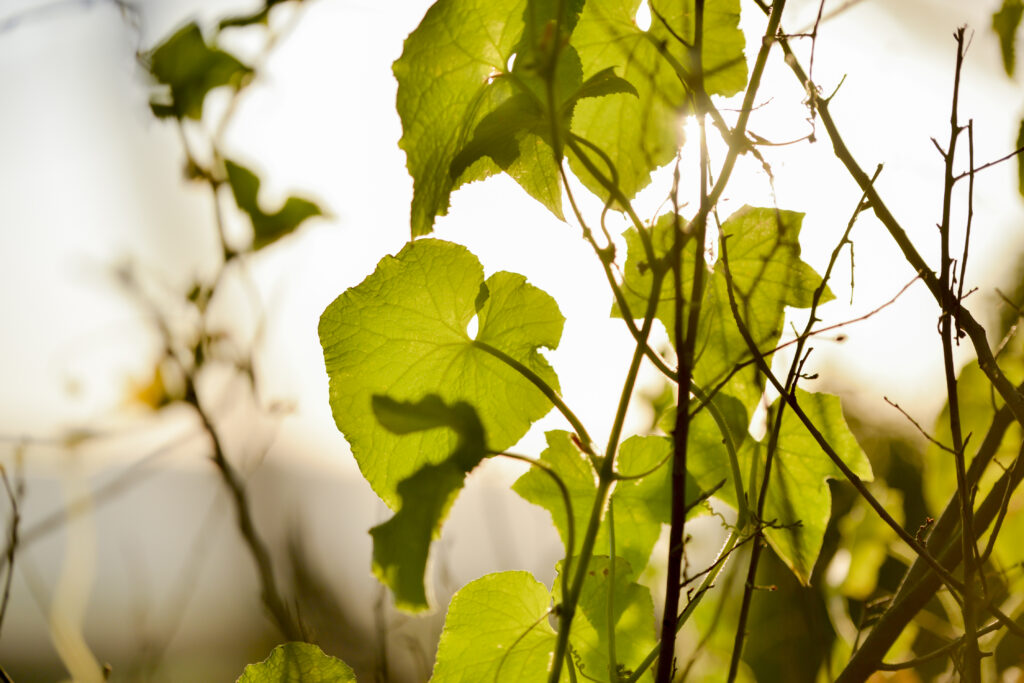 Good, clean and fair food: How the EU supports agriculture and biodiversity in Azerbaijan
Good, clean and fair food: How the EU supports agriculture and biodiversity in Azerbaijan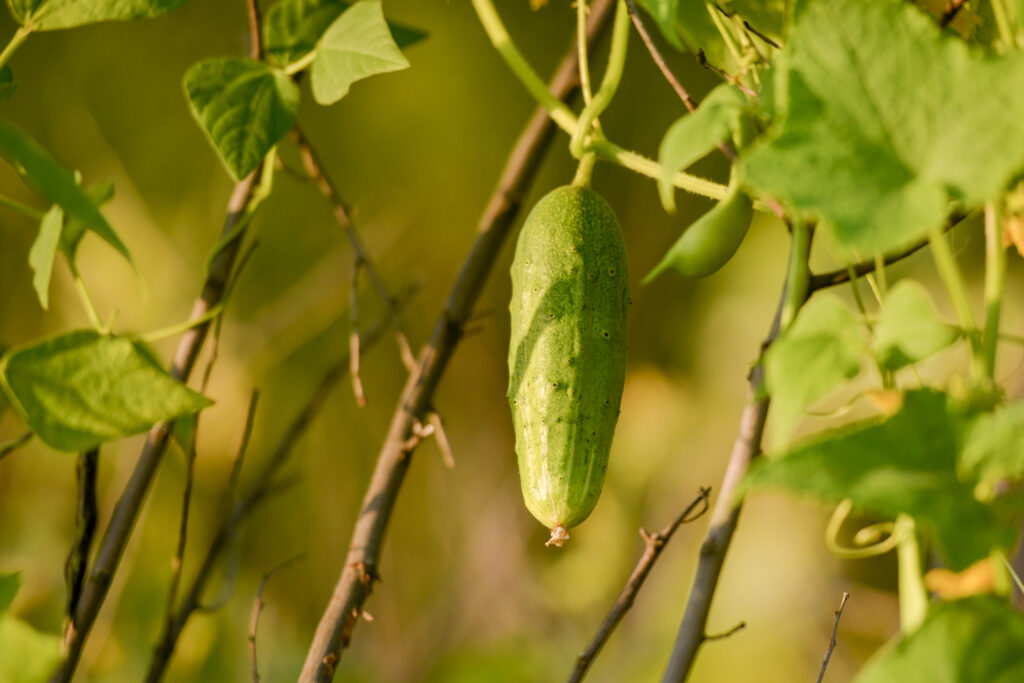 Good, clean and fair food: How the EU supports agriculture and biodiversity in Azerbaijan
Good, clean and fair food: How the EU supports agriculture and biodiversity in Azerbaijan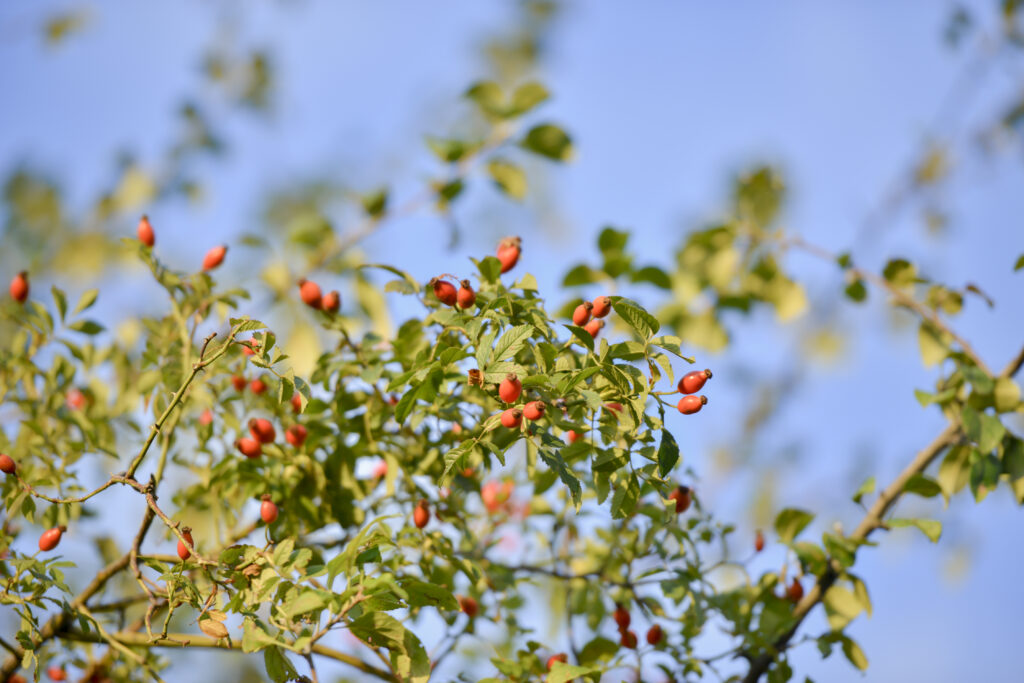 Good, clean and fair food: How the EU supports agriculture and biodiversity in Azerbaijan
Good, clean and fair food: How the EU supports agriculture and biodiversity in Azerbaijan
The project also plans to increase awareness about local farmers through the development of agricultural tourism in five pilot districts, farm fairs and stands, as well as the Slow Food Cooks’ Alliance, which unites more than 500 culinary specialists around the world.
Ten chefs from Baku have joined this initiative. Their restaurants will use products marked by Slow Food as valuable and endangered, and will inform their clients about the type of products used.
According to the vice-chairman of the Azerbaijan Culinary Specialists Association, Farkhad Ashurbeyli, who helps with the coordination of the local Cooks’ Alliance, the restaurants are planning to use these rare farm products both in traditional Azerbaijani recipes as well as new ones, including foreign dishes.
Author: Elena Ostapenko
Article published in Azerbaijani and Russian by 1news.az.
MOST READ
SEE ALSO

No, time is not on Russia‘s side
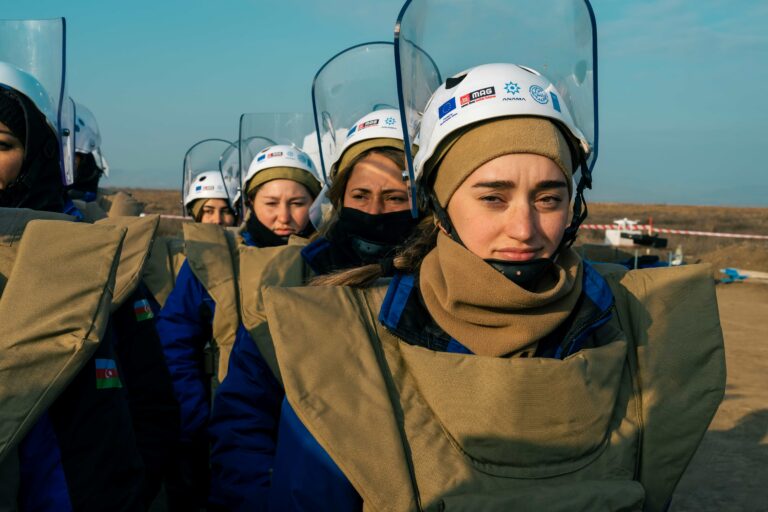
I have no regrets: the Azerbaijani women trained to clear mines
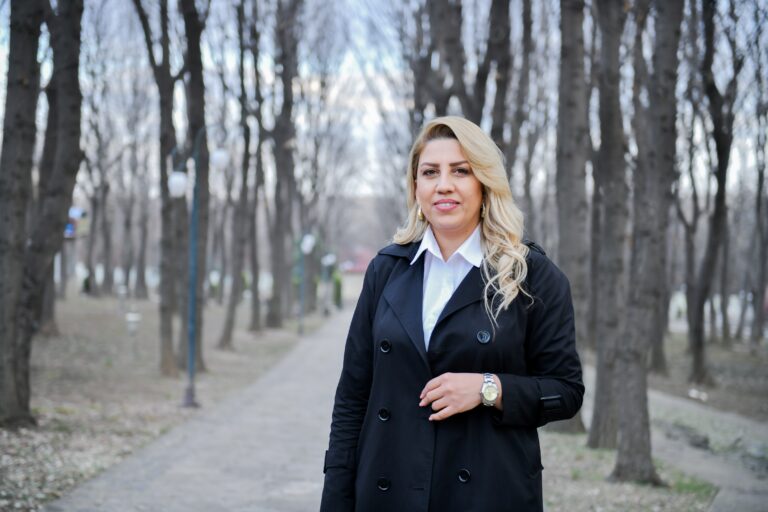
Turning a hobby into business: how Vusala Akhmadova from Tovuz helps women and children develop

Be one step ahead of a hacker: check simple cybersecurity tips!
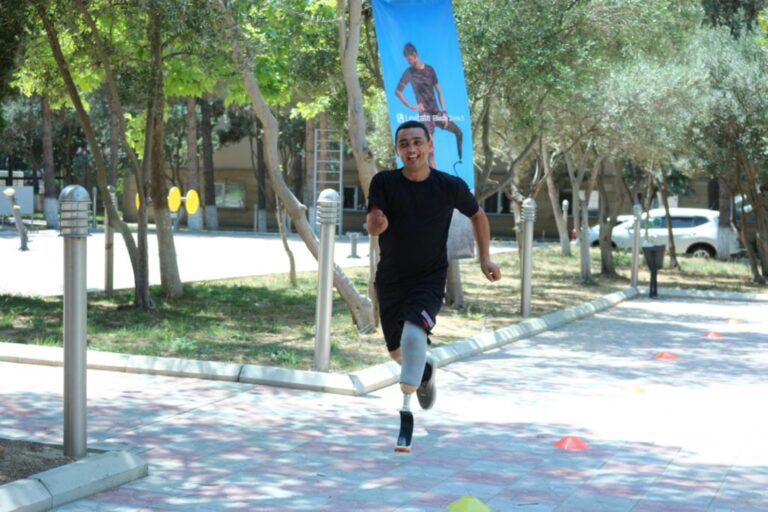
A chance for a better life: restoring justice for people with disabilities in Azerbaijan
More campaign pages:
Interested in the latest news and opportunities?
This website is managed by the EU-funded Regional Communication Programme for the Eastern Neighbourhood ('EU NEIGHBOURS east’), which complements and supports the communication of the Delegations of the European Union in the Eastern partner countries, and works under the guidance of the European Commission’s Directorate-General for Neighbourhood Policy and Enlargement Negotiations, and the European External Action Service. EU NEIGHBOURS east is implemented by a GOPA PACE-led consortium. It is part of the larger Neighbourhood Communication Programme (2020-2024) for the EU's Eastern and Southern Neighbourhood, which also includes 'EU NEIGHBOURS south’ project that runs the EU Neighbours portal.

The information on this site is subject to a Disclaimer and Protection of personal data. © European Union,







